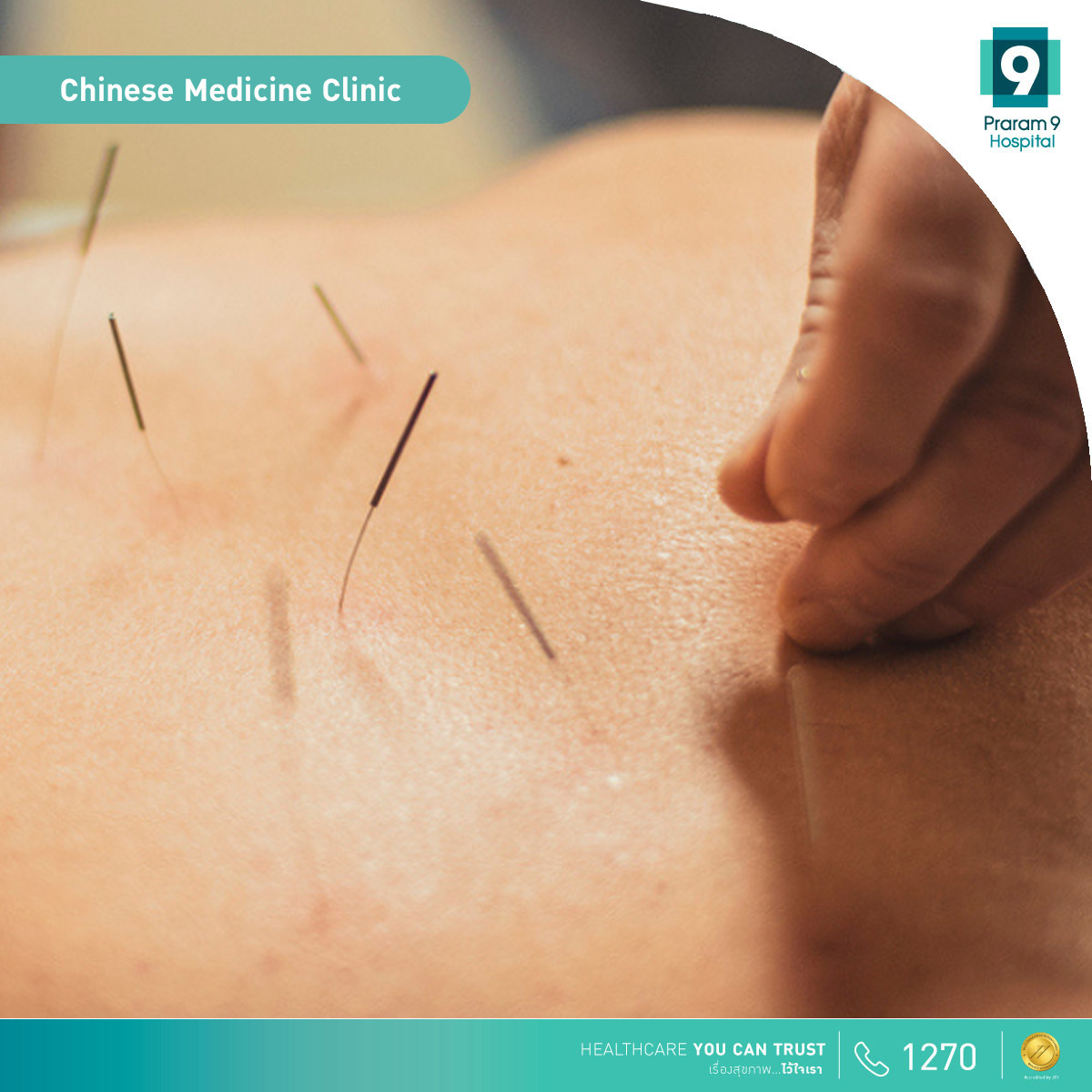Causes of Chronic Hip Pain and Indications for Total Hip Replacement
Causes of Chronic Hip Pain
The most common cause of chronic hip pain is avascular necrosis, osteoarthritis, rheumatoid arthritis, and osteoarthritis from accident.
· Avascular necrosis is the condition when the femoral head lacks blood, which causes the femoral head to collapse. It can be commonly found in people with the age of 30-40 years old. The causes often come from drinking alcohol, taking steroids, having accident of hip dislocation or broken hip femoral neck, and radiating around the hip bone.
· Osteoarthritis often occurs in patients of more than 50 years old and the family has a history of osteoarthritis. Sometimes, it might occur from the stimulation of unsmooth joint surface since birth. When the unsmooth hip joint surface has friction, it might be the cause of hip pain and obstructed movement.
· Rheumatoid Arthritis is a disease that comes from the inflammation of joint membrane that causes non-infection inflammation, which can occur with various joints around the body. The inflammation is intermittent and the joint surface is destroyed. The patient might have several symptoms, but the most commonly found is finger joint with arthritis for a long time.
· Traumatic Arthritis occurs after injury or bone fracture around the hip joint. The joint surface might be destroyed or avascular necrosis might occur, which causes hip pain and frozen joint that leads to hip osteoarthritis eventually.
· Femoral neck fracture can be found in all ages, but can be most commonly found in elderly people, especially those with osteoporosis who had an accident around the hip bone.
· Congenital hip disease is hip osteoarthritis that results from abnormal development of the hip joint that occurs in childhood but will degenerate when getting older.
Total hip replacement is a surgery to remove the degenerated hip joint and dead or broken bone and replace with prosthesis in order to provide movement that is similar to the movement of the actual joint the most.
When do we need to receive total hip replacement?
The decision to receive the surgery should be made between the patient, patient’s family, and surgeon. Most patients that need to receive total hip replacement are 60-80 years old. The indications for the surgery depend on the severity of the disease, pain, disability, and general health of patients. The doctor will assess the indications for surgery of patient and make the consideration case by case.
Indications for total hip replacement in general are as follows:
· Have severe hip pain until it limits the activity in daily life, such as walking or bending the hip
· Hip pain occurs all the time during taking a rest in both afternoon and at night
· Feel tight in the hip joint until it limits the ability to move or lift the leg.
· When receiving medical treatment fully with physical therapy and walking assist device, the patient does not improve or relieved only slightly.
· Have danger or severe side effects from the use of medication
· Improper hip fracture that cannot be treated with metal fixation
Restrictions for total hip replacement
1. Infection arthritis in which inflammation still occurs.
2. The muscles around the patient’s hip is weak, which might cause hip dislocation.
3. The patient has the neuromuscular disease that will affect the hip joint that will receive the surgery.
4. The patient has blood or vascular disease with high incidence of complications.
5. The patient has severe osteoporosis around the hip joint.
6. The patient is very heavy.






